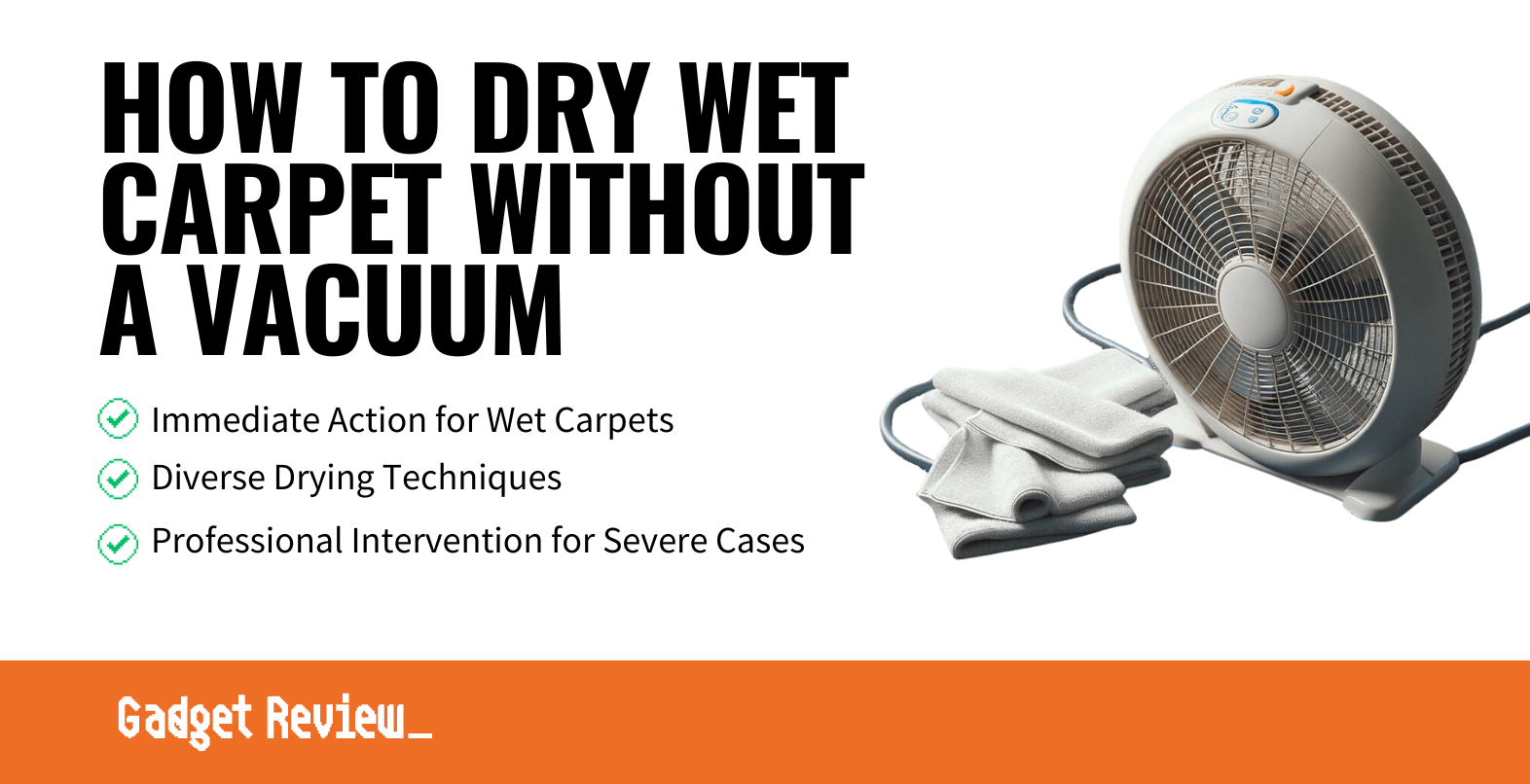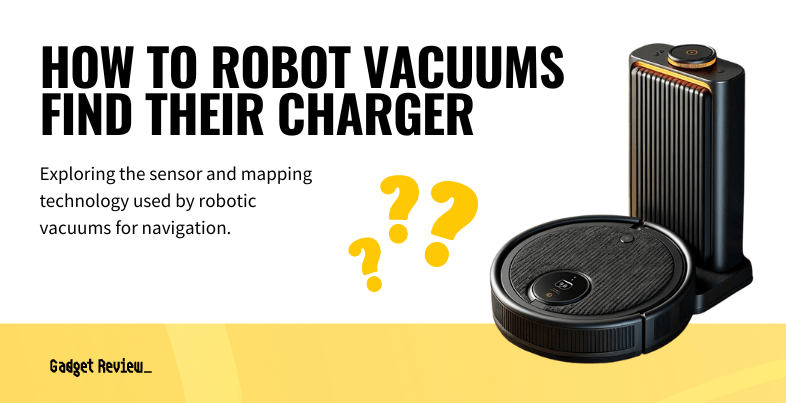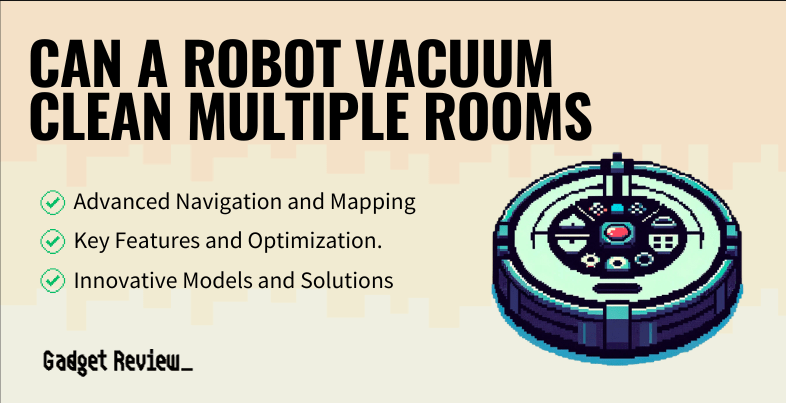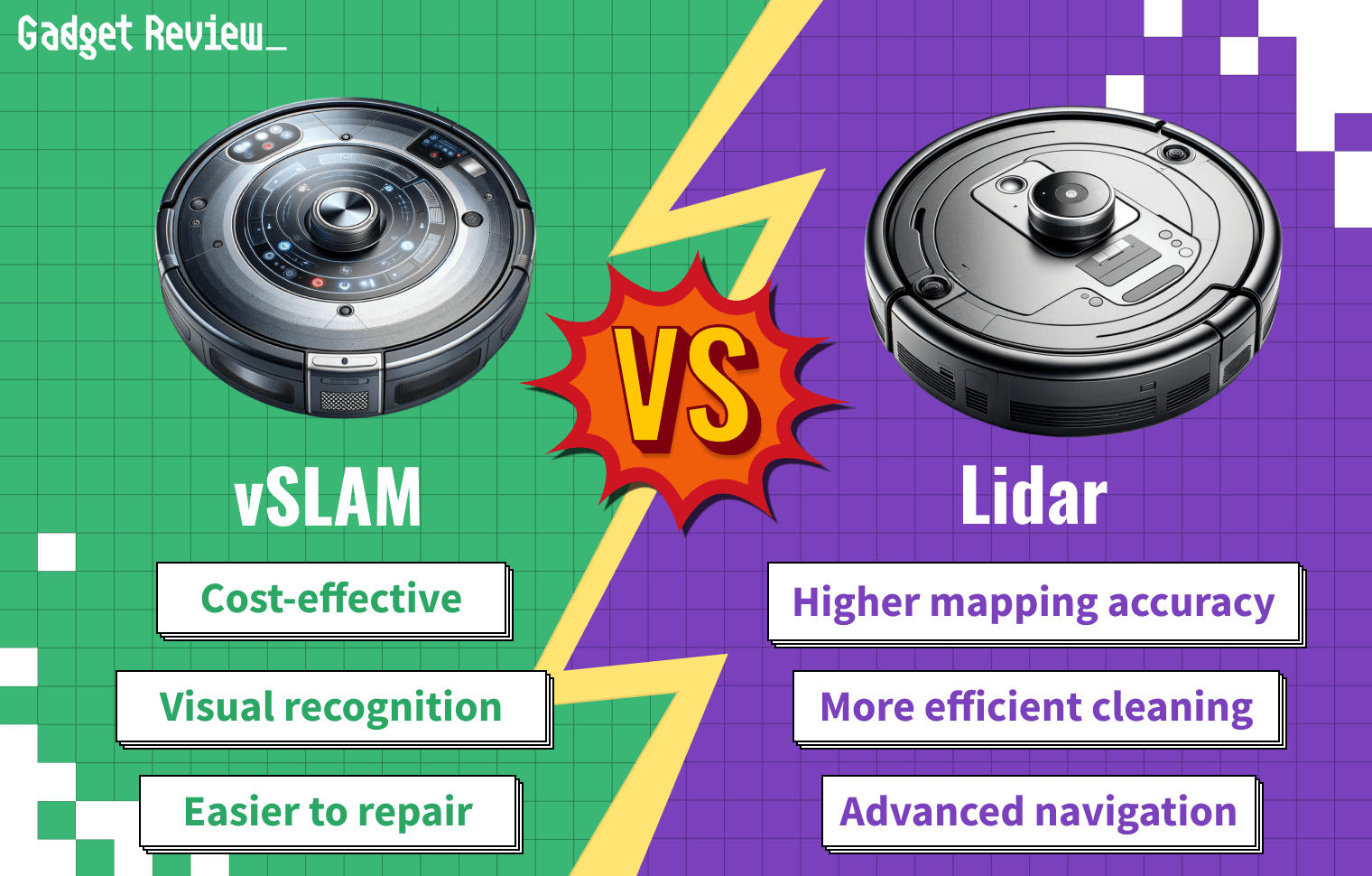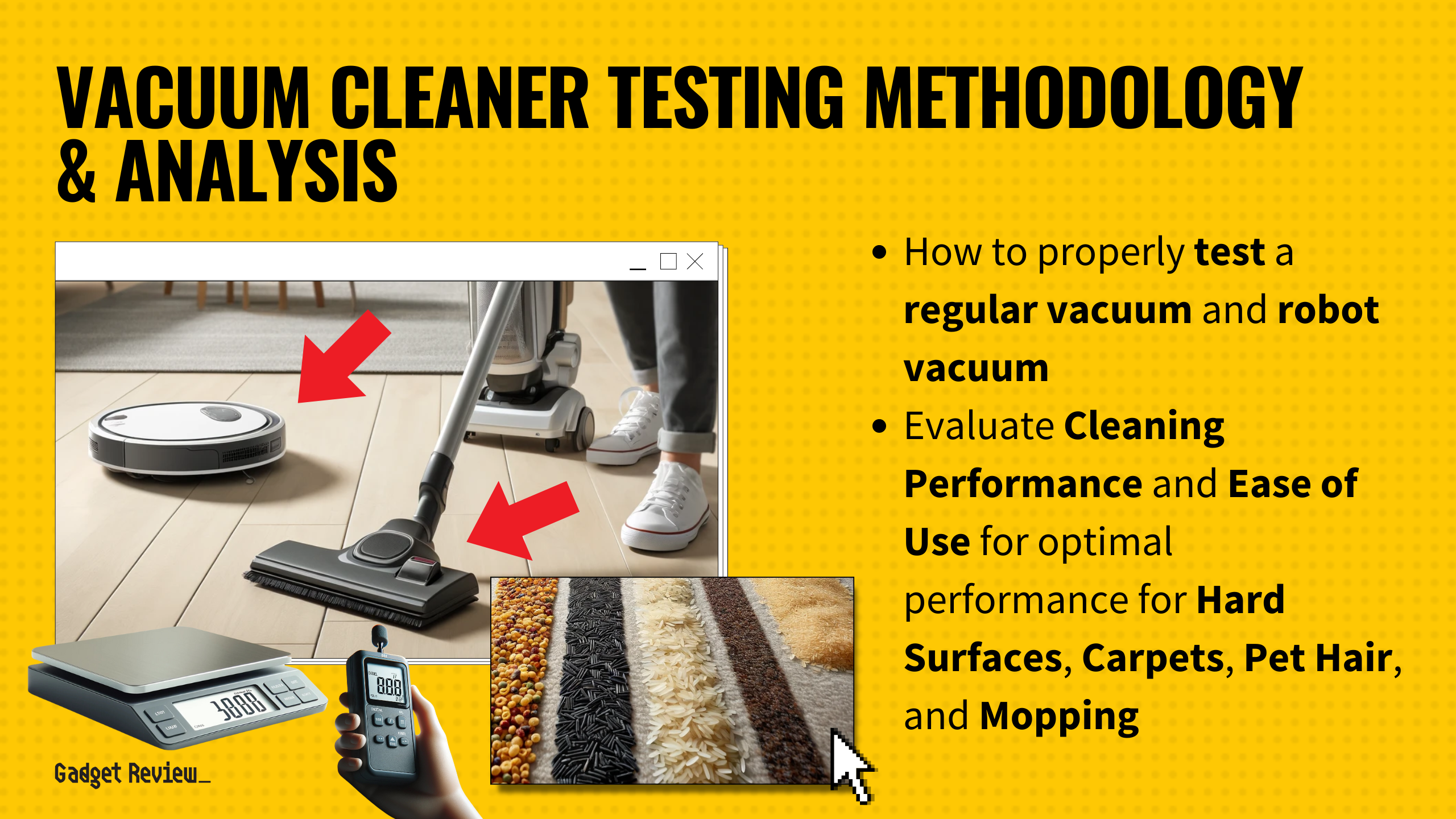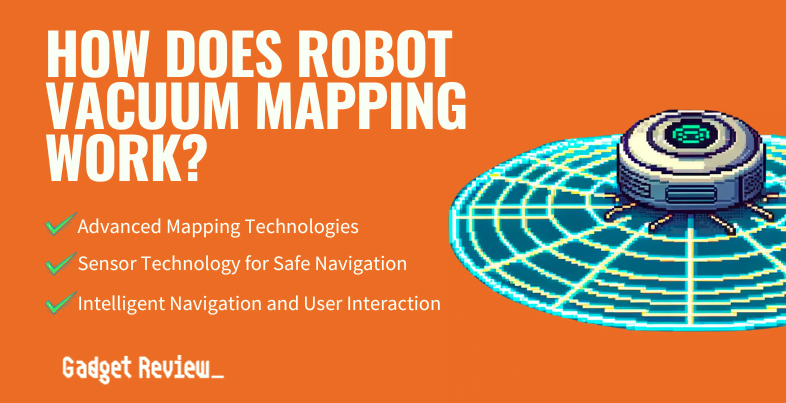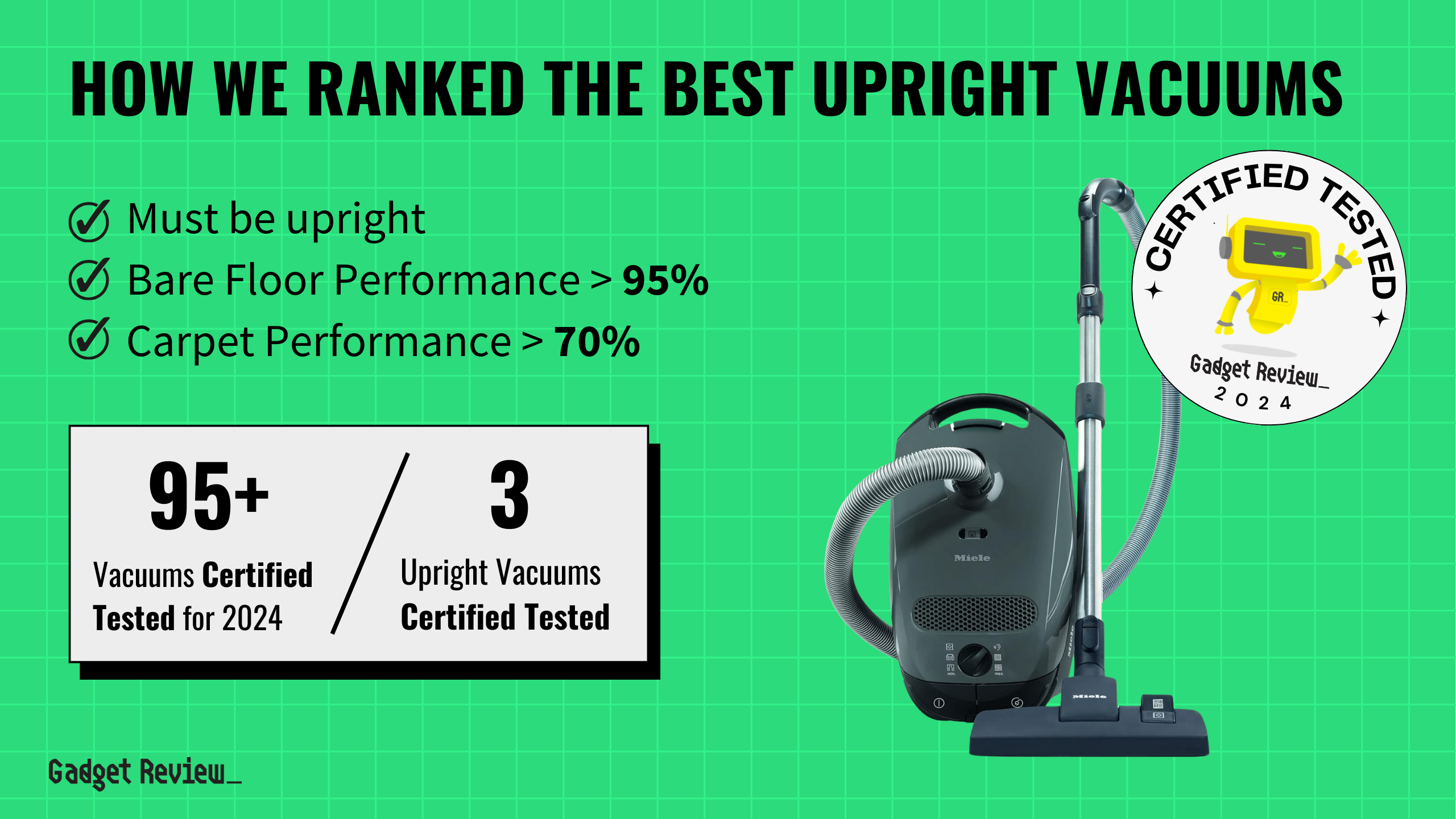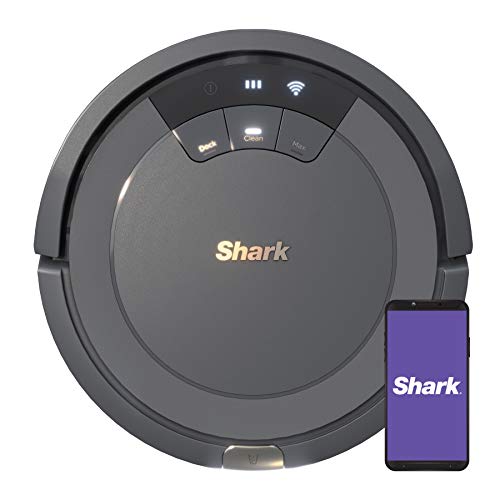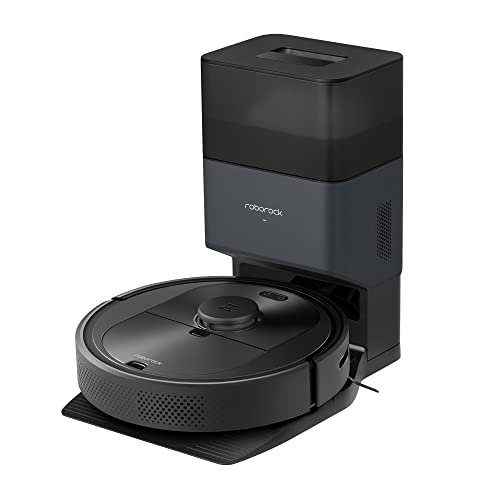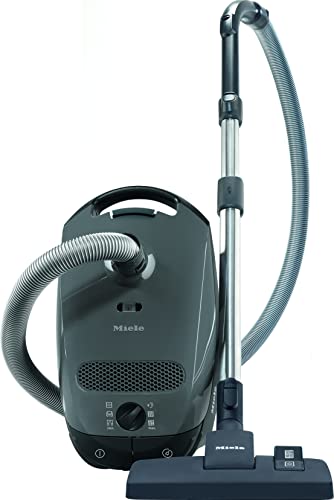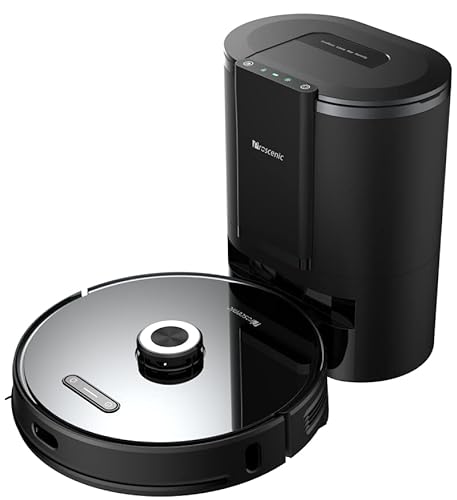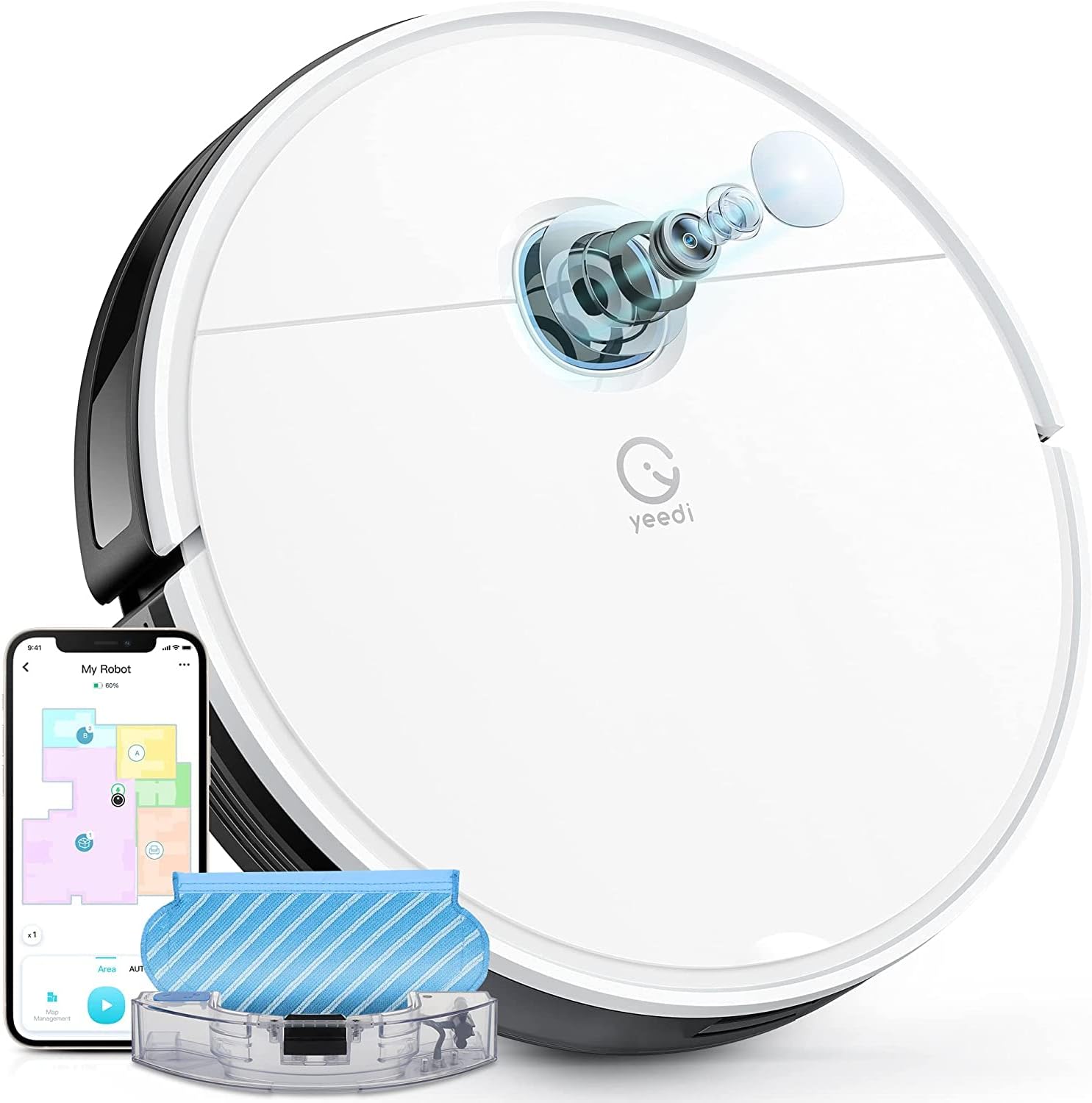Wet carpets are a breeding ground for mold and mildew, which can damage your home and health. You need to act quickly to dry a wet carpet.
But, what if you don’t have a good vacuum designed for wet surfaces? Here’s how to tackle the problem effectively without one.
Drying Soaked or Damp Carpet
To learn how to dry damp or soaked carpet without a vacuum, check out the video below.
Guide To Drying Carpet Without a Vacuum
STEP 1 Remove Furniture
Moving furniture not only prevents damage to the items but also makes drying the carpet easier.
STEP 2 Absorb the Water
Lay towels over the wet carpet and press firmly to soak up moisture. Replace the towels as they become wet.
This prevents carpet from becoming a breeding ground for mold.
STEP 3 Use Various Drying Methods
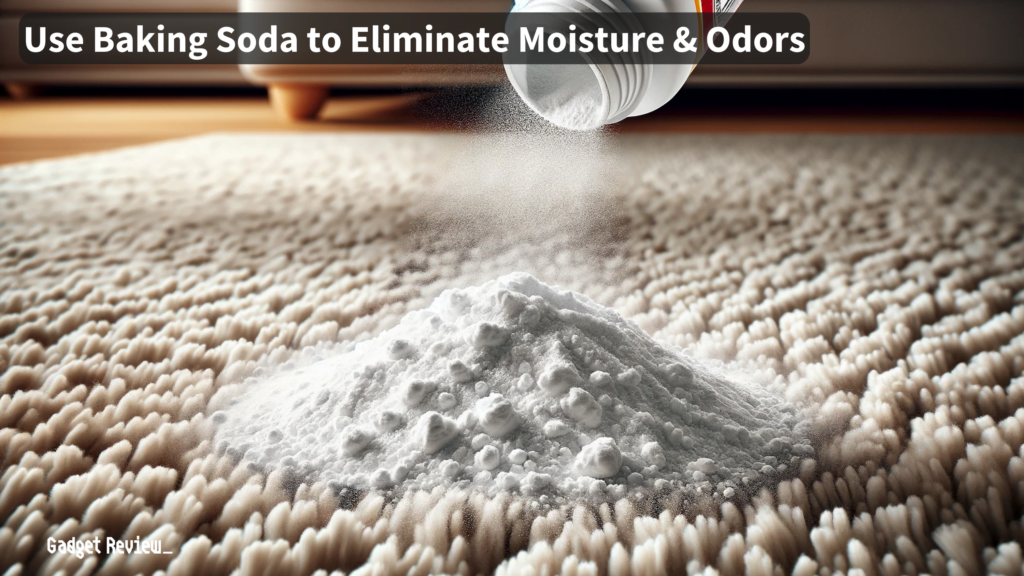
Depending on your carpet type and the level of wetness, you’ll need to use one or a combination of the effective drying methods below.
- If your carpet is slightly damp, the baking soda method is the best option.
- For soaked carpets, use fans and sunlight to dry them faster.
More Info on Effective Drying Methods
Use a Hair Dryer
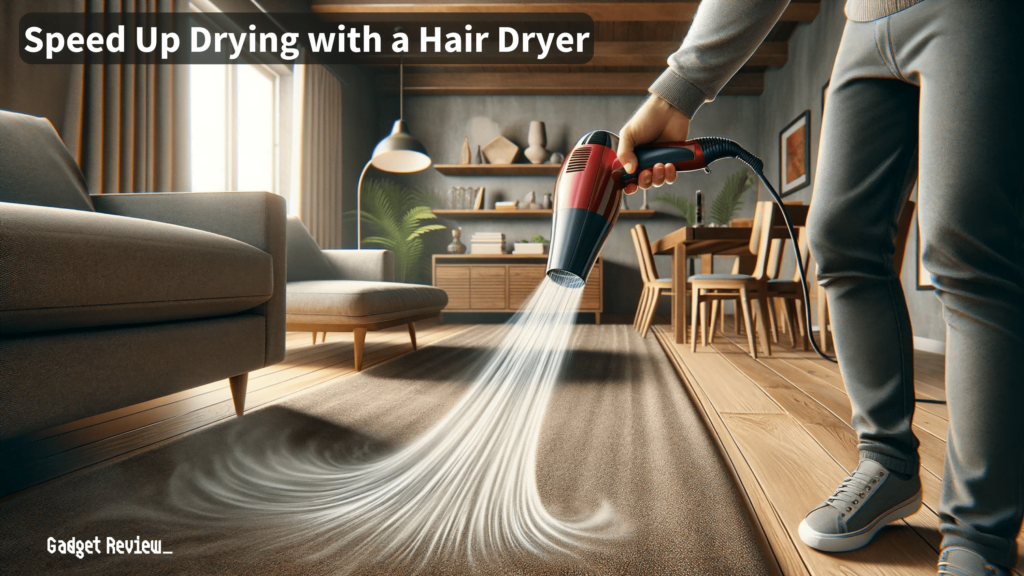
A hairdryer can speed up the drying process. Hold it about six inches above the carpet and move it around to avoid overheating any area.
This method works well for small, damp sections.
Baking Soda Method
Baking soda is excellent for absorbing moisture and eliminating odors.
Sprinkle a generous amount over the wet carpet, let it sit for at least an hour, then vacuum it up.
This method is particularly useful for dealing with mild dampness and ensuring the carpet smells fresh.
Sunlight and Air Flow
If possible, open windows or use fans to increase air circulation. On sunny days, direct sunlight can help dry out the carpet faster.
However, ensure the carpet is not exposed to direct sunlight for too long to prevent fading.
Dehumidifiers and Fans
Dehumidifiers can pull moisture from the air and the carpet, speeding up the drying process. Fans also help by moving air around the wet area.
Using them in tandem can be effective in humid conditions or when dealing with larger wet areas.
Special Considerations
Dealing with Different Water Sources: Clean water from spills or leaks is easier to manage than water from floods or sewage backups.
In cases of contaminated water, professional cleaning may be necessary to ensure the carpet is safe to use again.
When to Lift the Carpet: In severe cases, lifting the carpet to dry the underpadding may be necessary. This is done when water has soaked through to the floor beneath.
Removing and replacing the padding is often required to prevent mold growth and odors.
Preventing Mold and Mildew
To prevent mold and mildew, consider lightly spraying the carpet with a mixture of water and vinegar after drying.
This solution will kill any remaining spores without damaging the carpet fibers.
Always test a small, inconspicuous area first to ensure the vinegar does not affect the carpet’s color or texture.
Professional Help
For severe water damage, especially when dealing with contaminated water, calling in professional carpet cleaners is advisable.
They have the equipment and expertise to clean and dry your carpet, ensuring it’s safe and healthy for your home.
Keeping Your Home Safe and Dry
Drying a wet carpet without a vacuum is entirely possible. When you act quickly and use these methods, you can prevent mold growth and save your carpet from damage.
The key is to remove as much moisture quickly as possible and keep an eye on the carpet over the following days to ensure it dries completely.
If at any point you feel the situation is beyond your control, don’t hesitate to call in the professionals. Your home’s safety and your health are worth the extra precaution.

